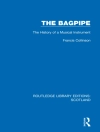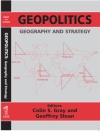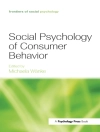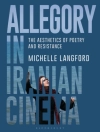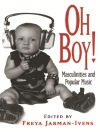This book explores how four contemporary artists—Francis Bacon, Joseph Beuys, Robert Gober, and Damien Hirst—pursue the question of death through their fraught appropriations of Christian imagery. Each artist is shown to not only pose provocative theological questions, but also to question the abilities of theological speech to adequately address current attitudes to death.
When set within a broader theological context around the thought of death, Bacon’s works invite fresh readings of the New Testament’s narration of the betrayal of Christ, and Beuys’ works can be appreciated for the ways they evoke Resurrection to envision possible futures for Germany in the aftermath of war. Gober’s immaculate sculptures and installations serve to create alternative religious environments, and these places are both evocative of his Roman Catholic upbringing and virtually haunted by the ghosts of his excommunication from that past. Lastly and perhaps most problematically, Hirst has built his brand as an artist from making jokes about death.
By opening fresh arenas of dialogue and meaning-making in our society and culture today, the rich humanity of these artworks promises both renewed depths of meaning regarding our exit from this world as well as how we might live well within it for the time that we have. As such, it will be a vital resource for all scholars in Theology, the Visual Arts, Material Religion and Religious Studies.



